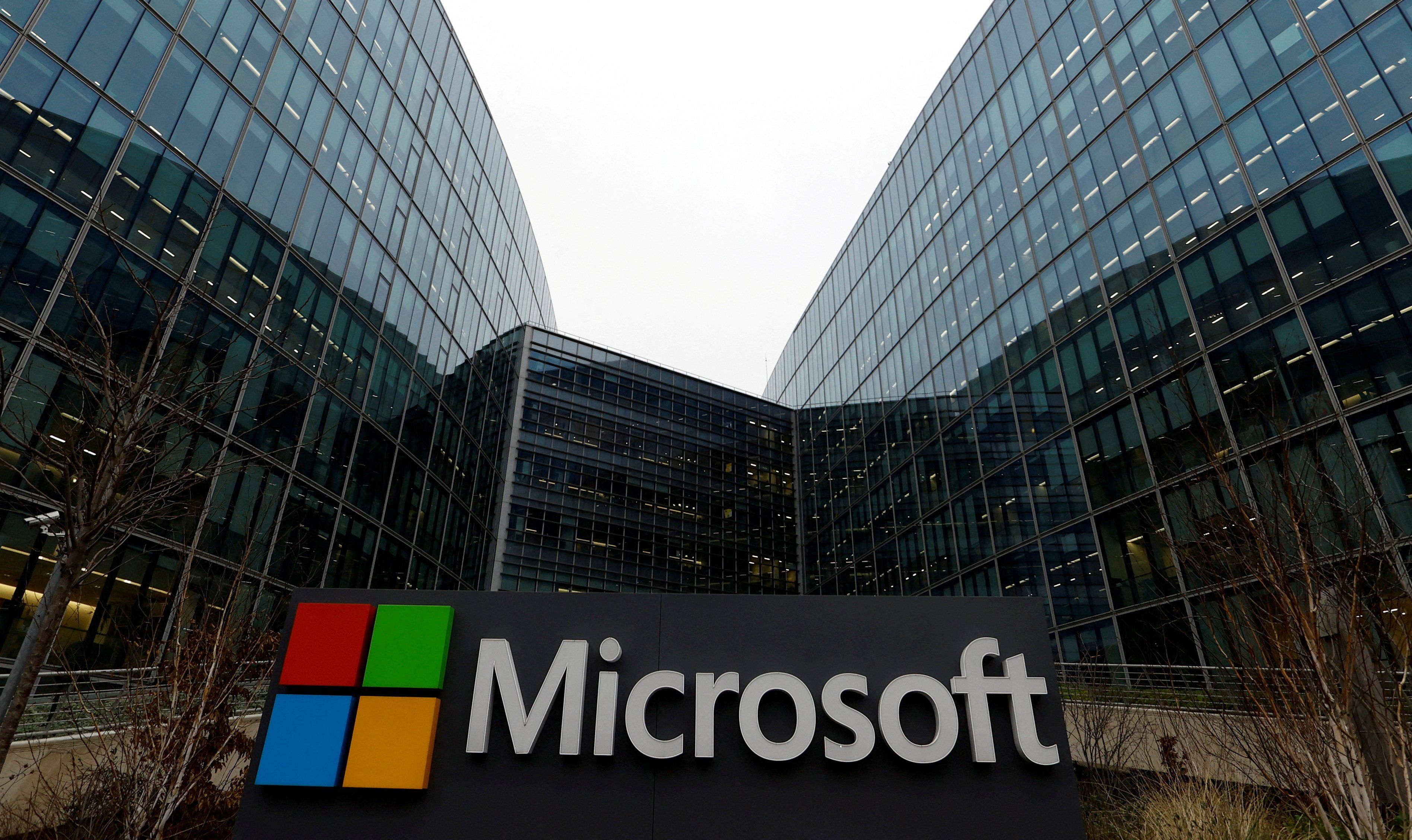The PC giant says that $13 billion hasn’t bought it functional control over the ChatGPT parent company because OpenAI is technically run as a nonprofit. Instead of receiving equity in the company, Microsoft gets about half of OpenAI’s revenue until its investment is repaid.
But the power of the board has been in the spotlight in recent weeks. OpenAI’s nonprofit board fired Sam Altman, CEO of the for-profit arm of the business, but that decision was reversed after a pressure campaign from Altman, employees, and Microsoft. After days of public turmoil, Altman was reinstated, board members resigned, and Microsoft — which never had a seat on the board — gained a non-voting, observer seat. If anything, Microsoft gained more power out of the ordeal.
Some experts say the FTC has authority here, even though Microsoft is simply invested in OpenAI and didn’t buy it outright. “The Clayton Antitrust Act and the FTC Act – the laws that the FTC can enforce – aren’t limited to scrutinizing outright mergers,” says Mitch Stoltz, the antitrust and competition lead for the Electronic Frontier Foundation. “They also cover acquisitions of any amount of capital in a competitor if the effect is ‘substantially to lessen competition, or tend to create a monopoly.’”
Microsoft’s partial ownership could “soften” competition between the two firms, according to Diana Moss, vice president and director of competition policy at the Progressive Policy Institute. “That includes influencing decision-making through voting rights on either board or by sharing sensitive information between the two firms,” she says. “I think the bigger picture here is that AI is viewed as an important technology and, therefore, competitive markets for AI are vital.”
Britain’s antitrust regulator has power here too. “If US companies do business in another country, then the antitrust and competition laws of that country apply,” says Moss, formerly the president of the American Antitrust Institute.
Antitrust is having a moment as a tool for wrangling Big Tech. In recent years, regulators have strived to block and undo anti-competitive mergers – they succeeded in the case of Meta’s purchase of Giphy and failed in the case of Microsoft’s purchase of Activision. But they’ve also sued tech firms over alleged abuses of monopoly power: Federal prosecutors are litigating ongoing antitrust cases against Amazon, Google, and Meta after years of treating these companies with kid gloves.
These antitrust probes are still preliminary, but they represent the first real AI-related legal challenges at a time when there’s a global appetite to stop big tech companies from getting unfair advantages in emerging markets. Next steps, should regulators decide to move forward, would be formal investigations.






